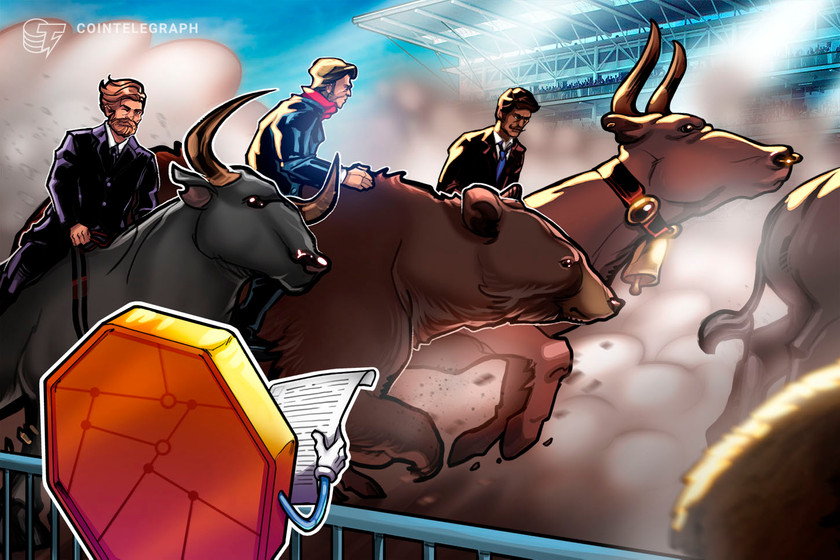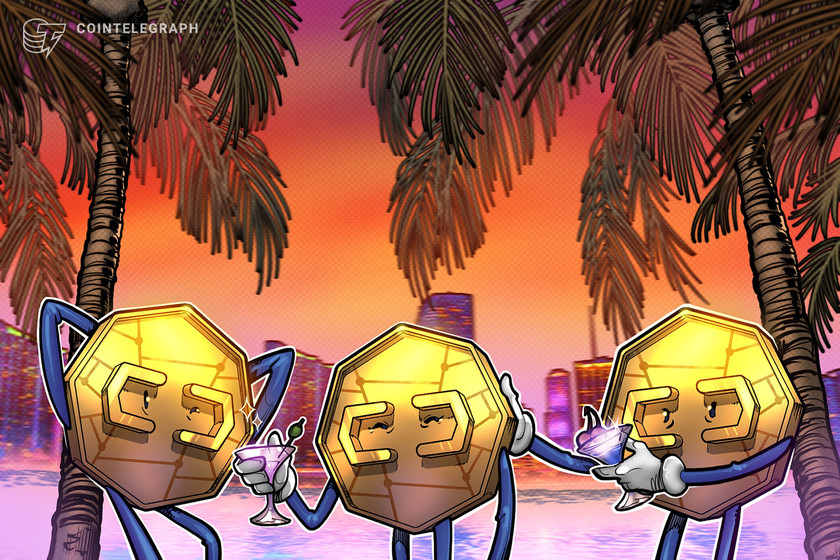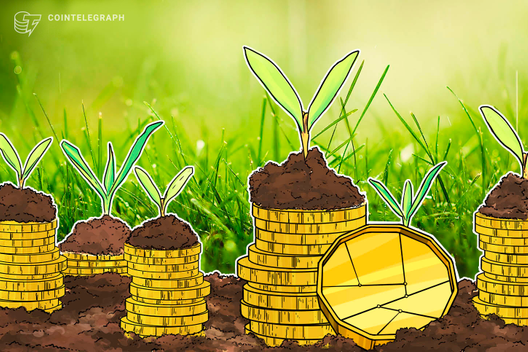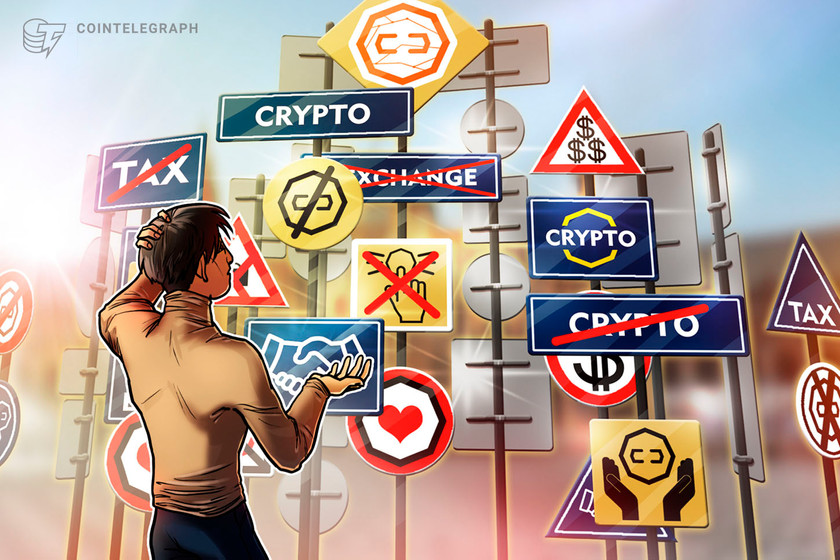2018 has witnessed a steady increase in the number of food manufacturers and retailers using blockchains to enhance their operations. From tracking the quality of food to facilitating international trades in grain, blockchain technology has been turning up repeatedly in recent months; and while many deployments of such tech have been conducted on a trial basis, a growing number have been implemented permanently.
However, as much as it now seems that blockchains are becoming a familiar feature of the food industry, they aren’t an infallible solution to every problem it faces. Even though many blockchains will provide an ‘immutable’ and ‘trustless’ record of the distribution of certain foods, this doesn’t mean we don’t have to trust the parties that first registered these foods on them. And similarly, even though such multinationals as Carrefour are using solutions offered by the IBM Food Trust, they don’t use blockchains in the original sense of the term.
Tracking and transparency
In the vast majority of cases, blockchain tech is used by the food industry for tracking purposes, so that customers can be assured that a particular item is what it’s claimed to be. Most recently, France-based multinational Auchan revealed that it would permanently implement blockchain-based food tracking in five of the countries it operates in: France, Italy, Senegal, Spain, and Portugal. This announcement followed a successful 18-month trial in its Vietnam branch, which has been using the tracking system in conjunction with some 6,000 companies.
Auchan’s system works by registering an item’s information at each stage in its distribution. When, say, an organic carrot is pulled from the ground and readied to be transported from its farm, it’s recorded on TE-FOOD’s blockchain, and when it’s sent to a distribution plant, it can be quickly checked against the info already recorded on that blockchain, which is immutable.

Auchan’s press office manager, François Cathalifaud, tells Cointelegraph that such blockchain tech will enable it to make participants in its supply chains more responsible for the data they enter.
“This is a key point of the blockchain in a sector where data is a valuable resource. As [a] retailer, we cannot ask a producer or a supplier to give us the information without return.”
“Blockchain-based technologies solved that major issue,” he explains, since TE-FOOD’s blockchain works by requiring supermarkets, for example, to transfer tokens whenever they want their suppliers to disclose relevant supply-chain information. This incentivizes suppliers to not only produce such info, but to remain honest, since they would lose out on an additional stream of revenue otherwise.
“Another point is also to avoid data corruption that can occur during a food scandal (transparence+security),” Cathalifaud adds. “Well, at last, if a consumer is asking traceability information we can provide them with traceability information in seconds instead of days with such technology.”
Such credibility is important because according to recent research, consumers are becoming increasingly suspicious of the food industry and turning to more ethical food producers and distributors. In a September study conducted by the Virginia-based Food Marketing Institute, it was found that 75 percent of shoppers would “switch to a brand that provides more in-depth product information, beyond what’s provided on the physical label.” Distributed ledgers are a prime source of such information, and in age becoming more concerned with where our food is coming from, more companies are looking to adopt blockchain-based tracking systems.
In November, multinational retailer Carrefour announced that it would be using the IBM Food Trust blockchain to track free-range chickens in Spain, while in Switzerland, Gustav Gerig AG revealed that it would be using the Ethereum blockchain to track tuna. And in the same month, the South Korean government announced that it would begin tracking beef in January, while United States salad chain Sweetgreen said it had raised $200 million in funding to develop a blockchain-based tracking system for its ingredients.

These announcements were all made within a single month, testifying to how quickly the momentum is growing behind blockchain as a means of bringing greater transparency to food distribution. And prior to November, other organizations have outlined plans this year for blockchain-based tracking include the Dairy Farmers of America, Albert Heijn, the Netherlands’ largest supermarket chain, the Australian government, the United Kingdom Food Standards Agency, Walmart and Chinese retail giant JD.com.
A growing number of organizations are looking for ways to strengthen their claims that they are responsibly sourcing their products. In other words, food is becoming a more ethically and morally charged issue by the day, which is why the added transparency and the irreversibility offered by the blockchain holds such strong appeal.
This would explain why blockchain is now being used by such major NGOs as Oxfam, which announced in November that it had launched a blockchain to track the supply of rice in Cambodia, where local farmers often lack the information to bargain properly over prices.
Trading and loyalty
There is, then, an increasingly strong sense that food tracking is one area where blockchain and crypto hold genuine appeal to businesses (and consumers). But while the tracing of products will almost certainly be the main area in which blockchain tech contributes to the $5.6 trillion food and beverage industry, such tech looks set to play a slightly more limited role in other areas.
This October the world’s four biggest agricultural producers — Archer Daniels Midland Co., Bunge Ltd., Cargill Inc., and Louis Dreyfus Co. — formed a partnership through which they’ll use blockchain technology to automate the grain-trading process. As the press release states “Eliminating inefficiencies would lead to shorter document-processing times, reduced wait times and better end-to-end contracting visibility.”
Not trustless?
However, while there is plenty of demand from food distributors and producers for blockchains that trace the supply of food, it doesn’t imply that blockchains offer a fail-proof means of proving that, say, an ‘organic chicken’ is really organic, and that they would create entirely trustless food supply networks.

Initial records can be misled, the only way to stop someone from falsely registering a freshly farmed mango or chicken as organic is to have another trust-providing system or mechanism in place beside a distributed ledger. Big companies such as Carrefour, Auchan, and Walmart do have such systems in place, having worked for years with known farmers and suppliers with which they’ve built a mutually trusting relationship.
Also, even if a blockchain can’t guarantee the initial veracity of information entered into it, it can prevent anything untoward from happening further down the line, such as the addition of, say, non-organic ingredients to a supposedly organic product.
Indeed, as the U.K.-based National Farmers’ Union highlighted in a study which found that food fraud costs Britain around 12 billion pounds a year.
“Food fraud means the deliberate and intentional substitution, addition, tampering with or misrepresentation of food, ingredients, or packaging at some stage of the product’s distribution cycle. It also means false or misleading statements made about a product for economic gain.”
Judging by the report, food fraud regularly occurs beyond the initial registering of a product. And the transparency and immutability provided by the blockchain could play a significant role in reducing its high cost, even if it won’t be a miracle cure.









